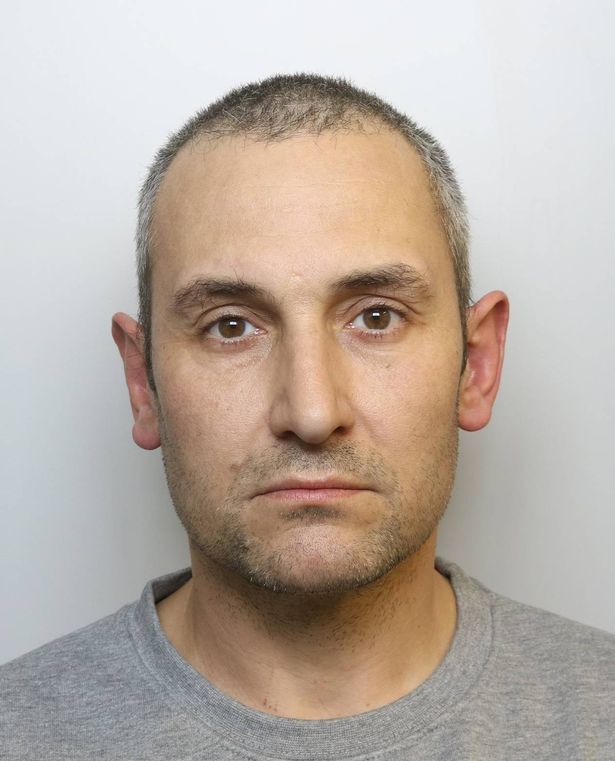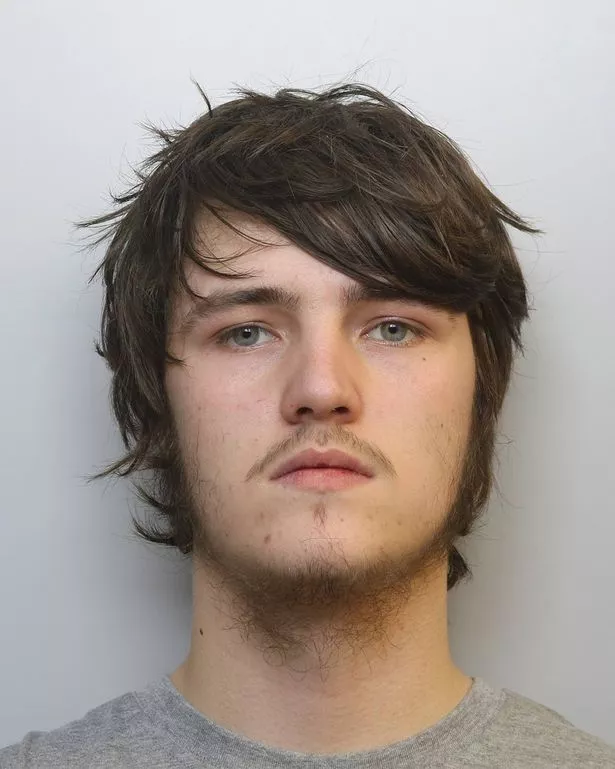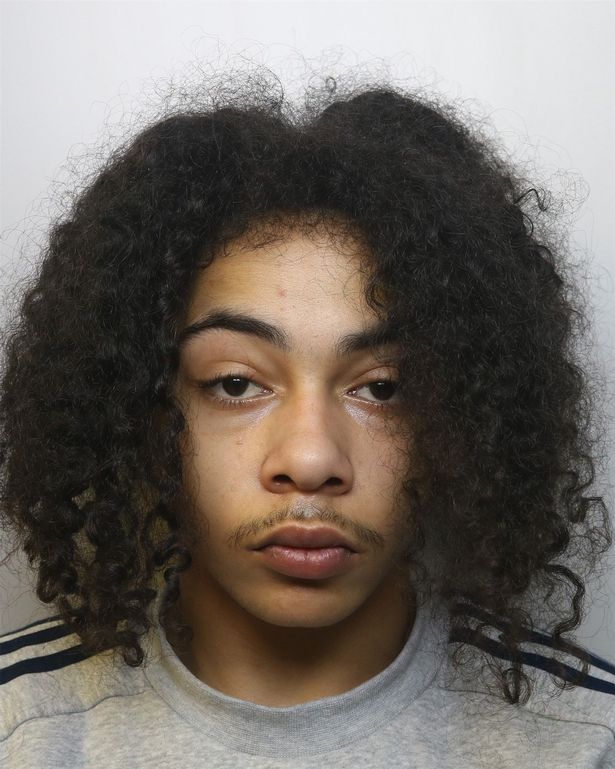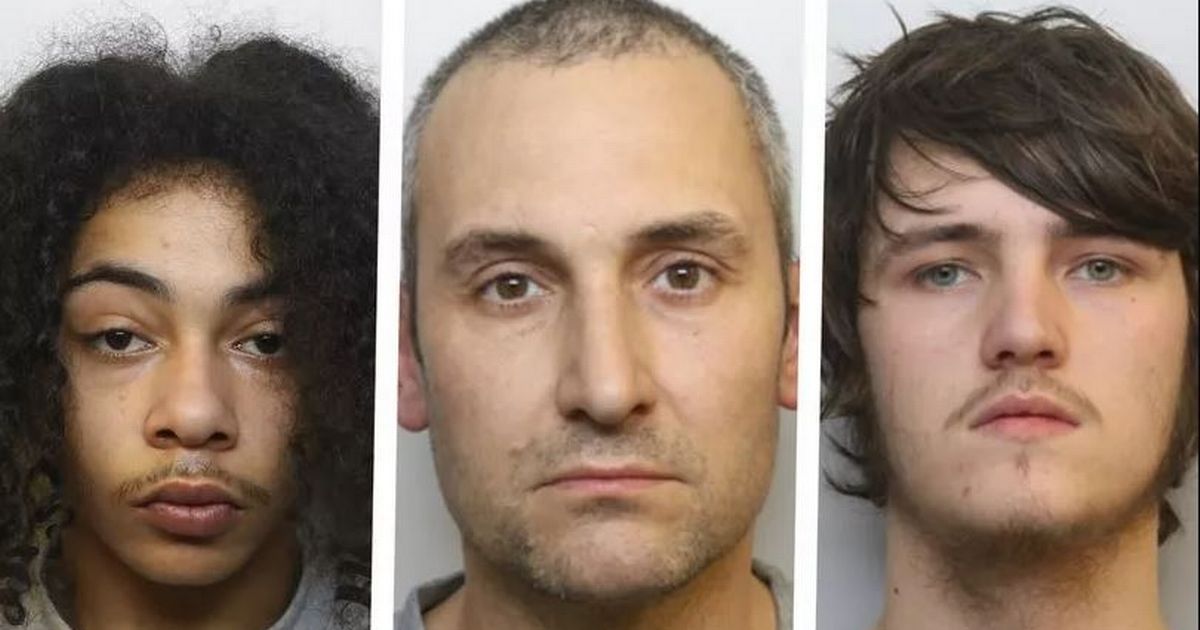A judge has turned down three applications but the process is not over yet
Three of the people jailed for life for the double murder of Max Dixon and Mason Rist in Bristol last year have applied to the courts to appeal the lengths of their sentences.
Antony Snook, Riley Tolliver and Kodishai Wescott all lodged applications for leave to appeal against the severity of their sentences, Bristol Live understands.
All three applications were first heard by a single judge, who considered whether the applications have merit – and in all three cases, the single judge decided to refuse the three leave to appeal.
Legal teams for both Antony Snook and Kodishai Wescott have since ‘renewed’ their applications, which means they will now go before a full Court of Appeal hearing in front of a panel of judges.
Those judges won’t decide whether their sentences were too severe, only whether their application to appeal their sentences has merit. If they decide there is merit in the appeal, then there will be a full hearing with the Court of Appeal examining the sentences handed down to them.
Riley Tolliver has 14 days from the date of the decision to submit a reviewed application to continue his appeal. There have been no applications to the courts in respect of the two other young people convicted of the murders in Knowle West last January, who cannot be named because of their ages.
All five were found guilty of both murders and jailed for life, and at the sentencing hearings in November and December, the judge in the case, Mrs Justice May, imposed a minimum tariff on each of the five. Those tariffs stated how long each of those convicted will have to serve in prison before they will be eligible to apply to be released on parole.
 Antony Snook(Image: PA Media)
Antony Snook(Image: PA Media)
Antony Snook was the only adult involved in the murders, which shocked the nation 18 months ago. He drove the car with four armed teenagers from Hartcliffe to Knowle West, and sped the four away from the scene after the four attacked Max and Mason. The victims had just left Mason’s house to visit a local takeaway.
Snook, 45, was jailed for life with a minimum term of 38 years, minus the 292 days he spent in custody awaiting trial. This means he will spend just over 37 years in prison, and be 82 years old when he is eligible to apply for parole.
When he was sentenced, Mrs Justice May told Snook he was just as responsible for the murders – if not more so, because the other four were teenagers. “You were the only adult,” the judge told Snook.
“There were multiple opportunities for you to have stopped this madness, to have taken the boys back, to have locked the car doors so they could not get out, or to have refused to leave Hartcliffe with them in the first place.
READ MORE: Every word said by the judge to sentence Antony Snook for double murder of Max and MasonREAD MORE: Four teenagers jailed for life for murder of Max Dixon and Mason Rist in Bristol
“There has been no evidence of any mental deficiency or disorder which may have compromised your thinking, no indication of any influence or pressure brought to bear on you.
“How you came to agree to take those four boys to Knowle remains unexplained. You were certainly no friend to them when you did so. The consequences of your refusal to act like a responsible adult, like the adult who can say ‘no’, has resulted in the deaths of two innocent boys,” she added.
 Riley Tolliver(Image: PA Media)
Riley Tolliver(Image: PA Media)
Riley Tolliver was 17 when he joined the attack on Max and Mason in Ilminster Avenue last January, and was named when the trial started as he had turned 18 in the time since. He was jailed for life with a minimum term of 23 years and 47 days to be served before he is eligible for parole.
Kodi Wescott was 16 when he fatally stabbed both Max and then a stricken Mason outside his home. Restrictions on naming Wescott were lifted by the judge when she sentenced him to life, with a minimum term of 23 years and 44 days.
He was the only one of the four to stab both Max and Mason. Earlier this year, Bristol Live revealed he had been posting sickening rap videos filmed inside his room in a secure unit for young offenders.
Anyone convicted and sentenced by a Crown Court does not have an automatic right to appeal against that sentence – first the appellant must seek the permission of the Court of Appeal, by serving an ‘application for permission to appeal’.
 Kodi Wescott
Kodi Wescott
Tolliver, Wescott and Snook did that, and their applications were heard by a single judge. “If they consider that there is sufficient merit in the appeal, permission will be granted for the appeal to go to the full Court of Appeal for a hearing,” said an expert from the Sentencing Academy, a research and engagement charity dedicated to developing understanding in sentencing in England and Wales.
The judge decided none of the three applications had merit, so now they can move to the next step of an appeal. “Where the single judge does not consider the appeal has sufficient merit, permission will be refused,” the Sentencing Academy expert added.
“In these circumstances, the applicant has 14 days to apply to renew the application for permission to appeal and, if they do so, the papers will be re-considered – this time by the full Court of Appeal which will decide whether to grant or refuse permission for a hearing,” they added.
